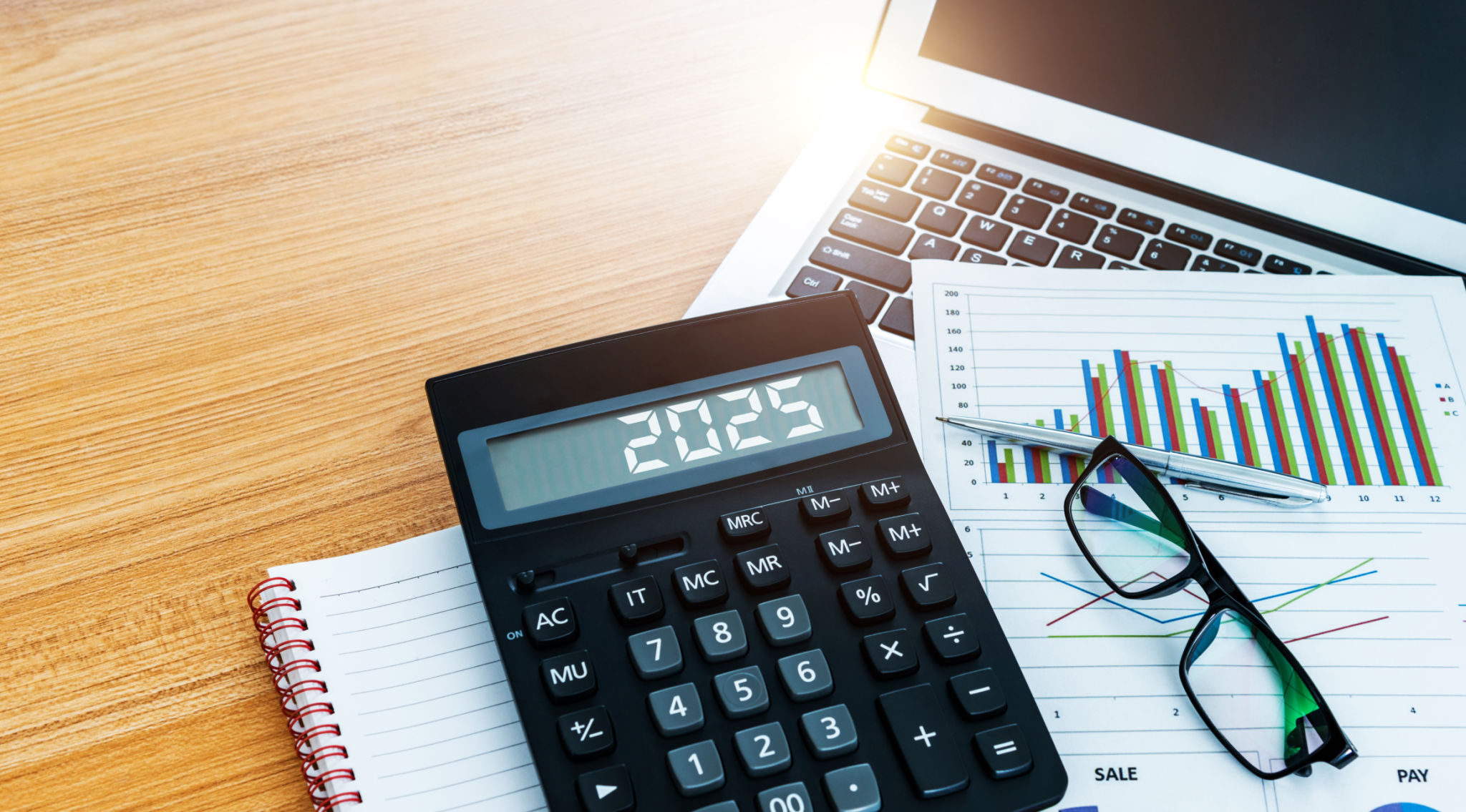Seasonal Tax Preparation Checklist: Getting Ready for the Tax Season
Understanding the Importance of Tax Preparation
As the tax season approaches, it's essential to start thinking about your tax preparation strategy. Proper planning and organization can make a significant difference in ensuring a stress-free and smooth filing process. By taking the time to prepare, you can potentially save money and avoid last-minute headaches. Whether you're a seasoned taxpayer or a first-time filer, having a checklist is crucial for staying on track.

Gathering Essential Documents
The first step in preparing for tax season is gathering all necessary documents. This includes your W-2s from employers, 1099s for any freelance work, and any other income documentation. You'll also want to collect receipts for deductible expenses, mortgage interest statements, and records of charitable contributions. Having these documents handy will streamline the filing process and reduce the risk of errors.
Reviewing Last Year's Tax Return
Before diving into this year's taxes, take a moment to review last year's tax return. This can provide valuable insights into your financial situation and help identify any changes you need to account for this year. Look for any deductions or credits you claimed previously and consider if they still apply. This review can also highlight areas where you might improve your tax strategy.

Staying Updated on Tax Code Changes
Tax laws and regulations can change from year to year, affecting how you file your return. Ensure you're up-to-date on any changes that might impact your taxes. This might include alterations to tax brackets, standard deductions, or specific credits. Staying informed will help you maximize your return and ensure compliance with current laws.
Organizing Your Financial Records
Proper organization of your financial records is crucial for efficient tax preparation. Consider setting up a filing system that categorizes documents by type or date. Digital tools can also be beneficial, allowing for easy access and management of your records. Maintaining organized records can save time during the filing process and facilitate any future audits.

Utilizing Tax Preparation Software
Many taxpayers find that using tax preparation software simplifies the filing process. These programs guide you through each step, ensuring you don't miss any critical information. They can also help identify potential deductions and credits you might not be aware of. If you're unsure about tackling your taxes alone, these tools can be an invaluable resource.
Consulting a Tax Professional
If your financial situation is complex or you're uncertain about handling your taxes, consulting a tax professional can be beneficial. These experts can provide personalized advice and ensure your return is accurate and optimized. While there is a cost associated with hiring a professional, the peace of mind and potential savings can be well worth it.

Finalizing Your Tax Return
Once you've gathered all necessary documents, organized your records, and completed any software or professional consultations, it's time to finalize your tax return. Double-check all entries for accuracy, ensure all forms are complete, and review your filing options—whether electronic or paper. Filing early can help you avoid delays and expedite any potential refunds.
Embracing a Stress-Free Tax Season
With a comprehensive checklist and a proactive approach, you can navigate the tax season with confidence. By staying organized, informed, and prepared, you'll minimize stress and maximize the benefits of your tax return. Remember, the key to a successful tax season is preparation—start early and stay diligent.
